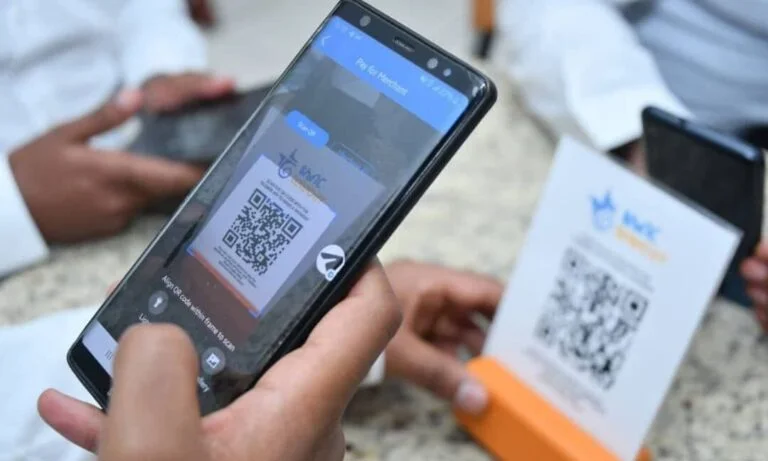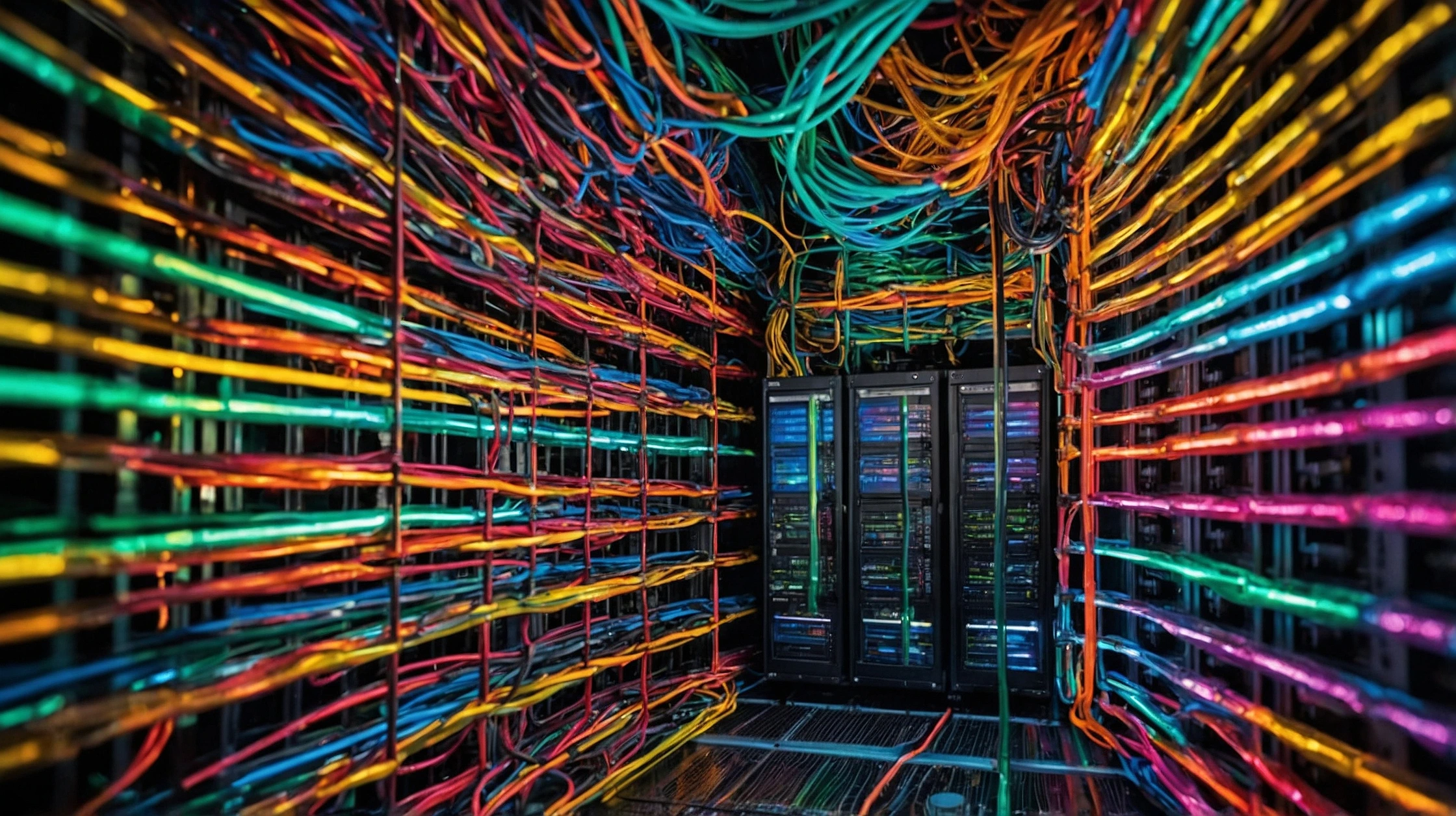Digital Ethiopia 2025 – Building a Smarter, Faster, More Connected Country
This is not theory. It’s not a PR campaign. Digital Ethiopia 2025 is a real plan. And it’s already happening.
The goal is simple: make government services easier to access, money easier to move, the internet easier to reach, and the entire economy more efficient using digital tools.
This isn’t about copying what other countries are doing. Ethiopia is building systems that work here, for the people who live and work here. No buzzwords. Just infrastructure, access, and real results.
E-Services – No More Paper, No More Waiting
Government offices have gone digital. Over 130 public services are now online.
Need a passport? Do it online. Starting a business? You can register it without standing in line. Paying taxes? There’s a portal for that.
This saves people time. It also makes things more transparent. You don’t need a connection or an office visit to get things done. You just need a phone or a decent internet connection.
The system isn’t perfect yet, but it’s a massive step forward. Rural areas benefit the most. They no longer need to send someone on a three-hour bus ride just to handle paperwork.
Businesses benefit too. Approvals move faster. Processes are clearer. You spend less time dealing with red tape and more time building.
Mobile Money – How Telebirr and M-Pesa Are Taking Over

Telebirr launched in 2021. It’s now got over 41 million users. People use it to pay bills, send money, buy airtime, shop, and get paid, all from their phone.
Then M-Pesa entered the game in 2023. It’s already passed 3 million users. That number is only going up.
These platforms are doing more than replacing cash. They’re giving people access to financial tools they never had before. If you don’t have a bank account, you can still save money, make payments, and even access small loans.
For a lot of people, this is the first time they’ve had that kind of access. It matters.
And for businesses? It means faster payments, safer transactions, and a wider customer base. Even the government is using mobile money for payouts and service payments. It’s cleaner, quicker, and easier to track.
Data Centers – Keeping It All Running Locally
Digital services need somewhere to live. That’s where data centers come in.
Ethiopia used to rely heavily on servers outside the country. Not anymore. New local data centers like Raxio Ethiopia are now up and running. Others like Wingo Africa and Redfox Solutions are building too.
Why does this matter?
- Services run faster.
- Data stays in the country.
- Costs go down.
- Startups and banks have the local infrastructure they need.
- The government can roll out digital services without depending on foreign infrastructure.
This is the backbone of a functioning digital economy. Without it, everything slows down or breaks. With it, things scale fast and securely.
ICT Infrastructure – The Backbone is Growing

All of this depends on one thing: connection. So Ethiopia is building the backbone.
Fiber-optic networks are expanding. 4G is more widespread. 5G is being tested. Wi-Fi hotspots are rolling out. Internet cafés and digital kiosks are popping up in rural and peri-urban areas.
Safaricom entered the telecom space in 2022 and built over 3,000 mobile towers in the first year. They now cover 26 cities and counting.
Ethio Telecom didn’t slow down either. It pushed coverage to over 15,000 rural villages.
The result? Over 40 million Ethiopians are online. Mobile penetration is growing. Speeds are getting better. More people have access to the internet than ever before.
The government’s also investing in submarine cables and satellite links to boost international bandwidth. So whether you’re streaming, exporting, coding, or taking an online course, your connection holds.
This Is What Real Transformation Looks Like
Ethiopia is building digital transformation, piece by piece. Not to look modern. But to actually work better.
E-services save time. Mobile money puts power in people’s hands. Data centers keep everything secure and local. Infrastructure makes it all possible.
The Youth Are Already Plugged In
Most of Ethiopia is under 25. That generation is already digital-first. They use mobile platforms for everything, communication, shopping, learning, gaming, freelancing.
Digital Ethiopia 2025 speaks their language. It supports tech hubs, coding camps, online education, and mobile-first business tools.
As the country becomes more connected, young people are turning that access into income, skills, and impact.
This is also where opportunity lies. The more tools they have, the more they build.
Ethiopia Is Becoming a Digital Leader in Africa
Ethiopia is now one of the most watched digital economies in East Africa. Investors, startups, and policymakers across the continent are paying attention.
Why? Because the country is rolling out real infrastructure, not empty programs. It’s building services that people actually use. And it’s doing it in a way that fits local needs.
With platforms like Telebirr and M-Pesa, Ethiopia is leading in mobile money innovation. With data centers, it’s becoming a regional tech hub. With telecom growth, it’s opening doors for trade, jobs, and e-learning.
FAQ
What is Digital Ethiopia 2025?
A national plan to build a connected, inclusive digital economy. It focuses on government e-services, mobile money, data centers, and telecom growth.
What can you do with e-services?
Apply for IDs, register businesses, pay taxes, and access public services online. No office visits. No lines.
What’s the big deal with Telebirr and M-Pesa?
They give millions of people financial access straight from their phones. No bank needed. It’s fast, safe, and available almost everywhere.
Why are data centers important?
They store all the info and run the apps. Local data centers mean better speed, better security, and more control over your own systems.
What’s happening with internet access?
It’s growing fast. More towers, more cables, and more users every year. Ethiopia now has over 40 million internet users.

